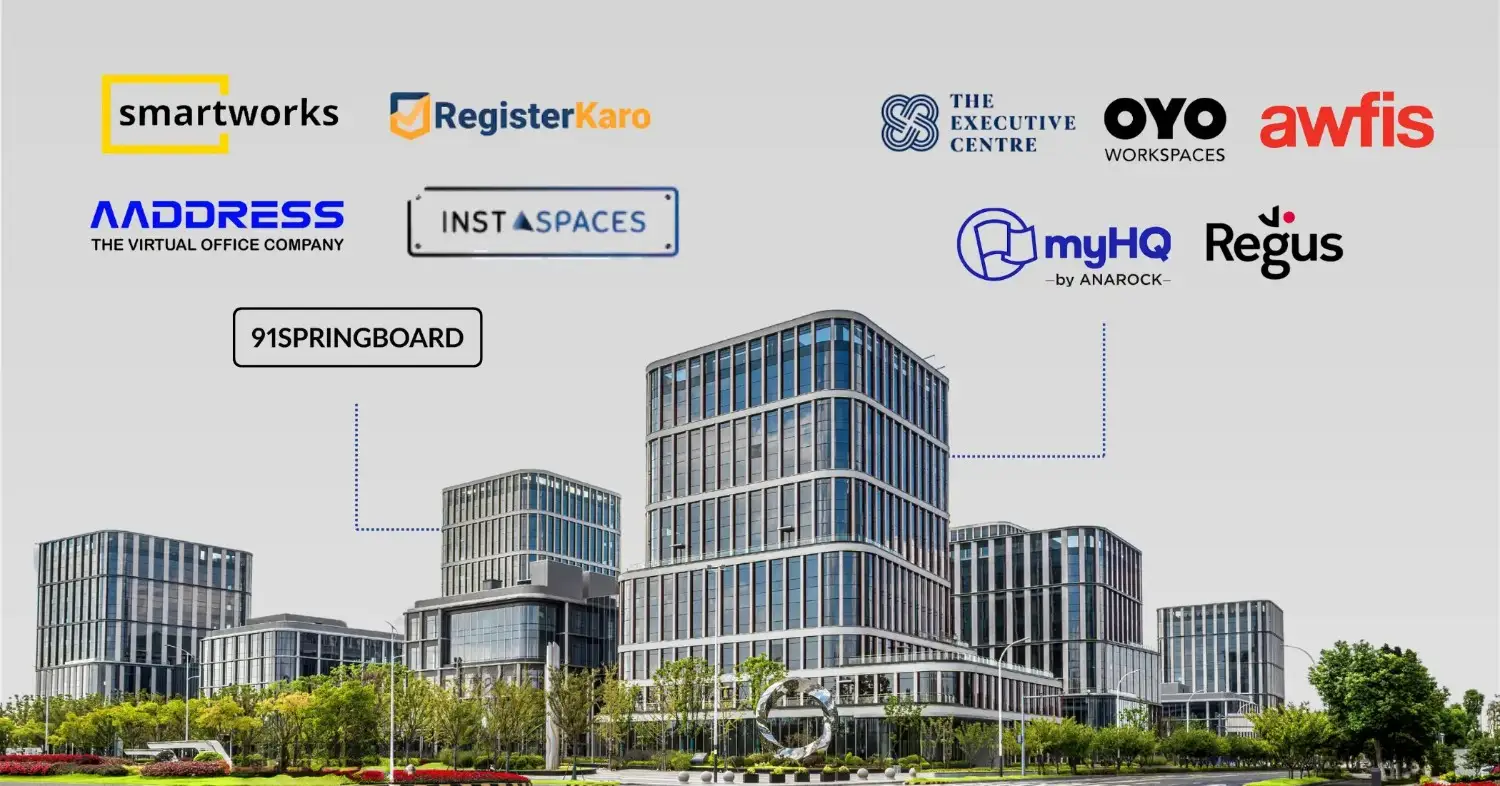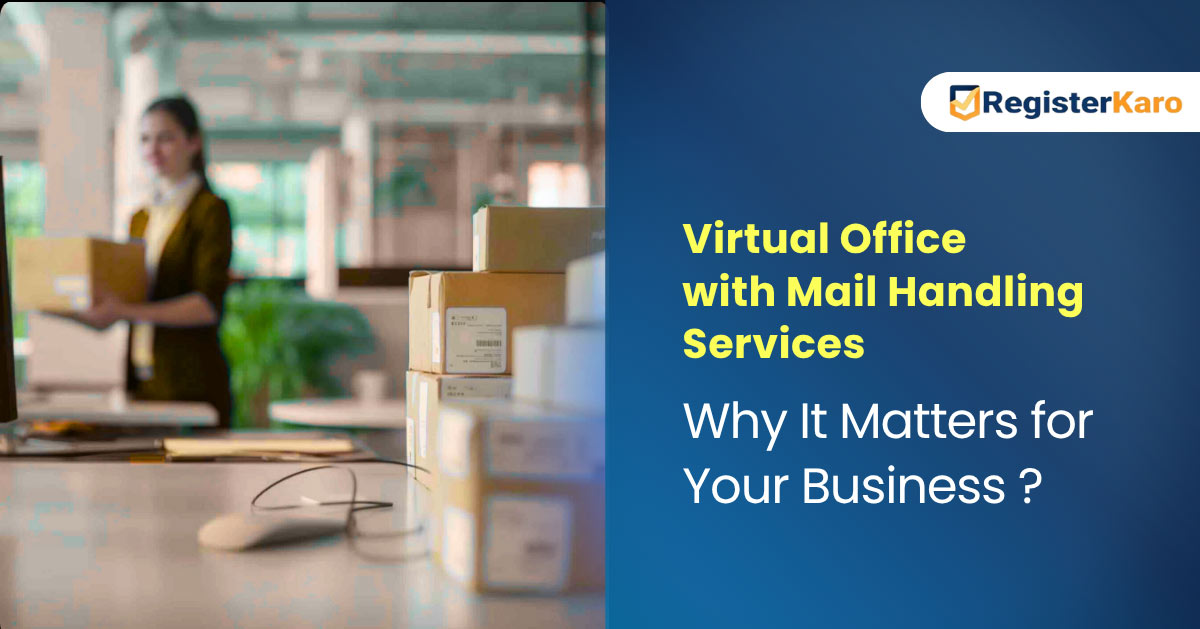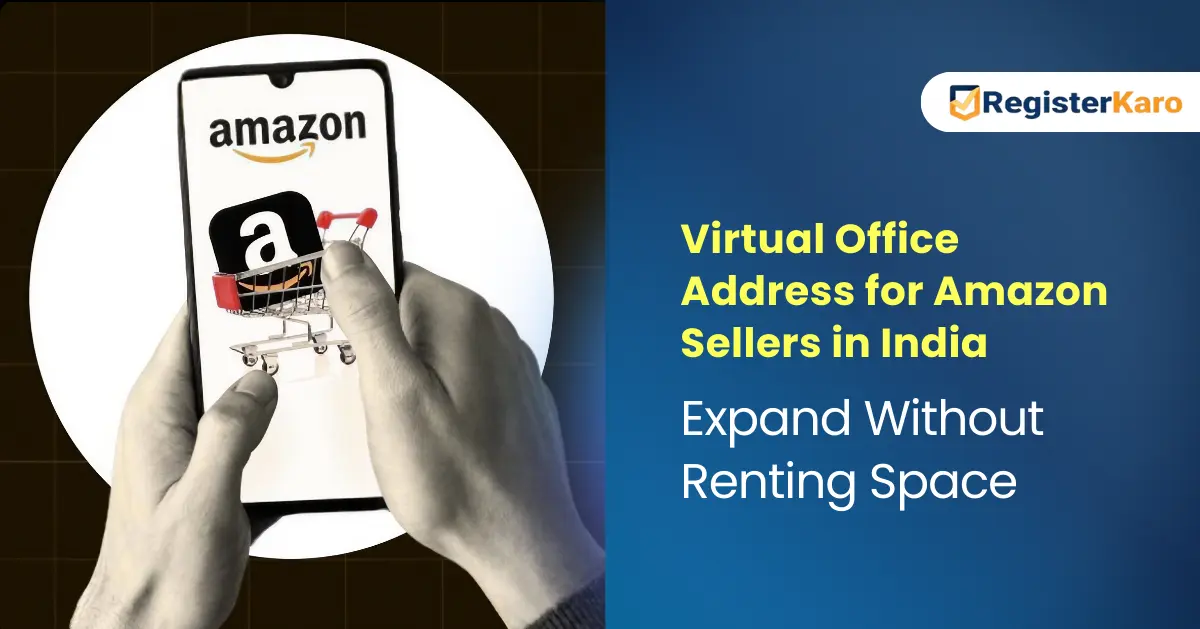A virtual office in India provides a real business address without renting physical space. It combines services such as:
- Professional address
- Support for GST or company registration
- Mail handling
- Receptionist support
- Meeting-room access (if included)
India’s workforce is shifting. As per Forbes, 60-90 million professionals were expected to work remotely or in hybrid models in 2025. This makes flexible office solutions more important. Companies increasingly use virtual offices to expand across multiple states without opening full branches. Startups, IT and software firms, consulting agencies, e-commerce businesses, and freelancers benefit the most from virtual office setups.
Gurgaon, part of the Delhi NCR, is home to IT firms, startups, and multinational companies. Renting traditional office space in prime locations such as Cyber City, Golf Course Road, or MG Road can be expensive for small and growing businesses. A virtual office in Gurgaon offers a cost-effective alternative.
How a Virtual Office Works for Business?
A virtual office streamlines compliance, communication, and client interaction while keeping overhead costs low. Here’s how a virtual office simplifies key aspects of running a business:
- It provides a prime business address for GST registration, ROC filings, and client communication.
- The provider manages mail and courier services, scans important documents, and forwards them as required.
- Receptionists answer business calls and handle client queries under the company’s name.
- Businesses book meeting rooms or coworking desks only when needed, cutting fixed rental costs.
Key Services Included in a Virtual Office Setup
Some key services typically included in a virtual office setup are:
- Service providers issue legal documents such as No Objection Certificate (NOC), rent agreement, and utility bills for GST and ROC compliance.
- Virtual offices give access to on-demand coworking desks and day offices for flexible work arrangements.
- Companies scale services up or down without relocating operations.
- Providers offer call forwarding and message notification services to ensure smooth client communication.
- Businesses use virtual office addresses to establish a presence in multiple states at minimal cost.
- Virtual setups help startups and SMEs project professionalism while keeping expenses low.











